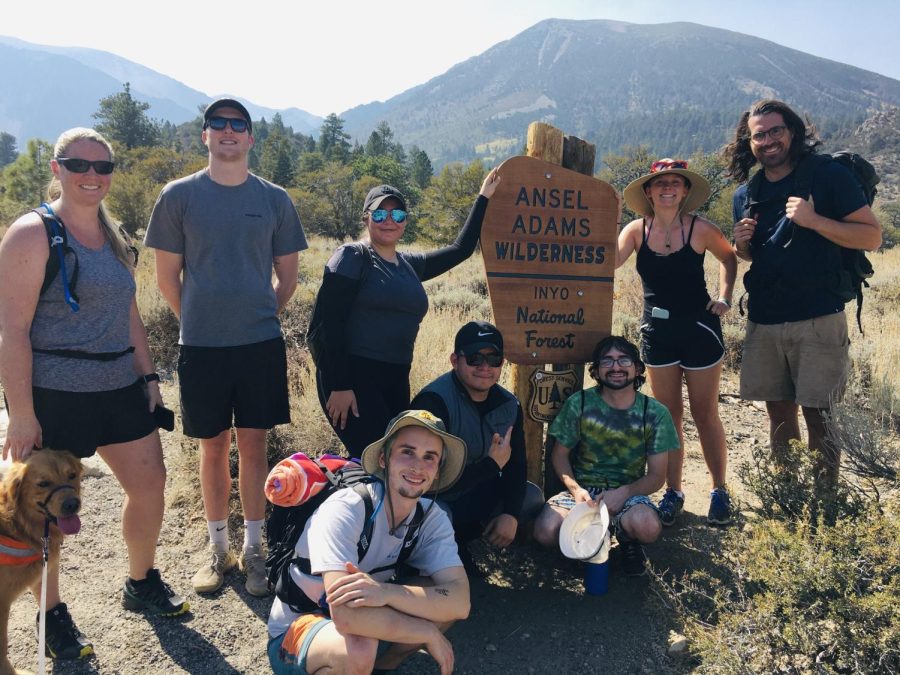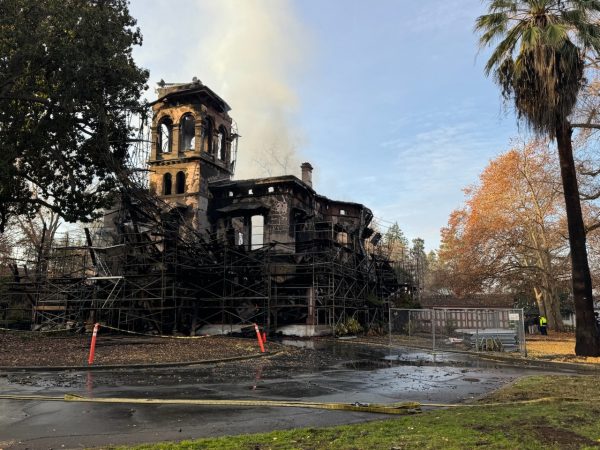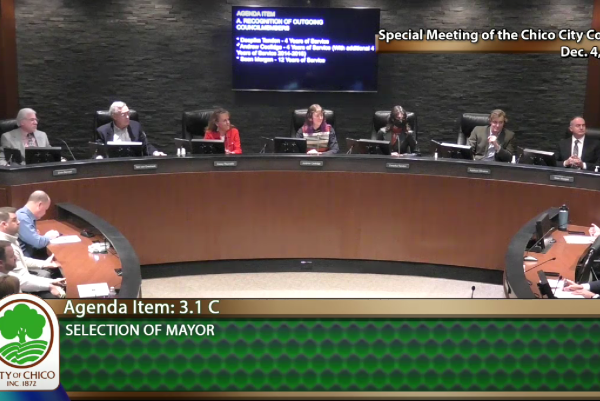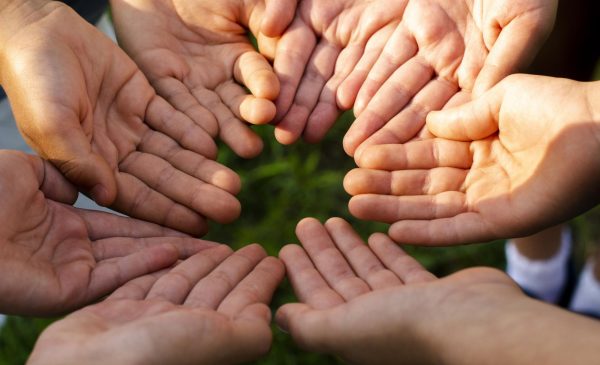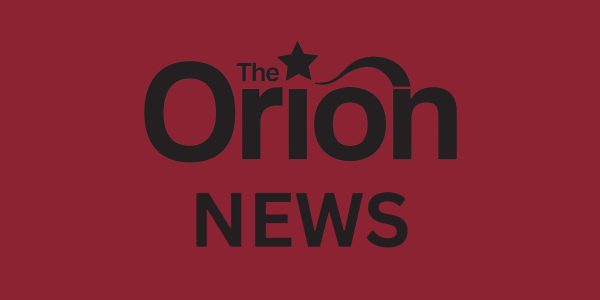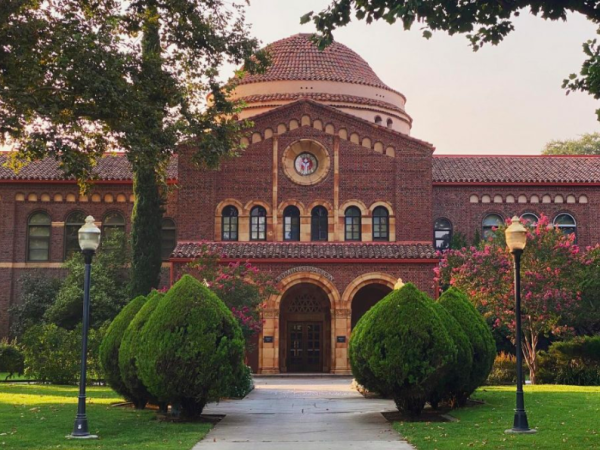Overdue homework: A trip to Mono Lake and the Bodie ghost town
For some, online learning was a begrudging necessity for the safety of students and professors alike. For others, like Chico State Parks and Recreation professor Jesse Engebretson and Sacramento State professor David Rolloff, it was an opportunity to change the way we look at learning.
COVID-19 made the professors question the purpose of a classroom. Both had a vision of what the future of education could look like if they took the best parts of online learning and in-person teaching and created something new.
“The best part of in-person learning is not being in the classroom,” Engebretson said, “it’s being with each other and building community while learning in and about places we love and care about.”
Thus, this fall the field study camps were born.
They are a part of the Recreation, Hospitality, and Parks Management department here at Chico State. The courses participating this fall are RHPM 240 and RHPM 446 and in the spring, RHPM 444 and RHPM 448.
The professors hope to build a partnership with all 23 California State Universities someday so that any student from any relevant department can participate in the trips
The camps are three-day all expense paid trips to National parks all over California. Each day is packed with experiences, lectures and hands-on activities. This helps students better understand the natural resources of the state and the ecological and political impacts of the distribution and usage of these resources.
Students need only to get themselves to the campsites and bring food.
The professors curate activities with park directors and experts in the parks and recreation field to direct and teach students while exposing them to the real-life applications of these lessons. They’re also exposed to job opportunities, helping them make connections with others working in the field.
After two years of isolation, Engebretson said, he wants to bring people together again. An alternative assignment is also available to students who do not want to participate.
On Sept. 22, the students left for their first field study camp at Mono Lake Tufa Natural Reserve.
The students set up camp at Parker Creek and said the camp was beautiful. It opened up on one side, showcasing mountains that seemed to shoot right out of the ground with Parker Creek running through it all and a view of Mono Lake, Lisa Estes said.
After settling in, the group went to the visitors center and spoke with the Mono Lake committee, where they learned about the history of the lake and the politics surrounding the usage of the lake’s water in Los Angeles.
They saw some features of the lake, like the calcium bicarbonate towers formed by the salt of the water and some of the few animals that thrive in the salty environment. The students were even able to catch some of the shrimp that live in the lake.
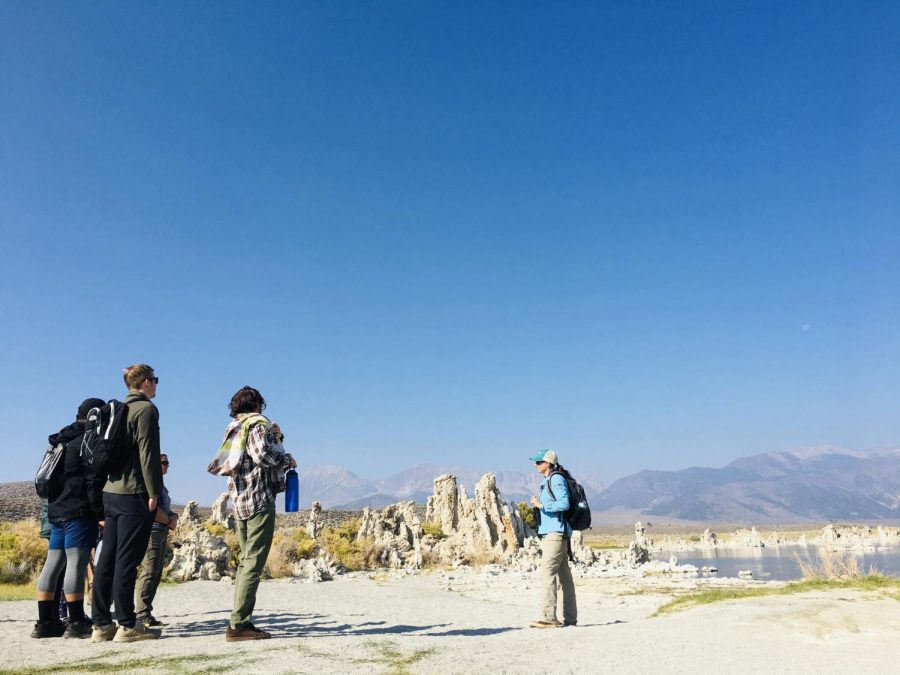
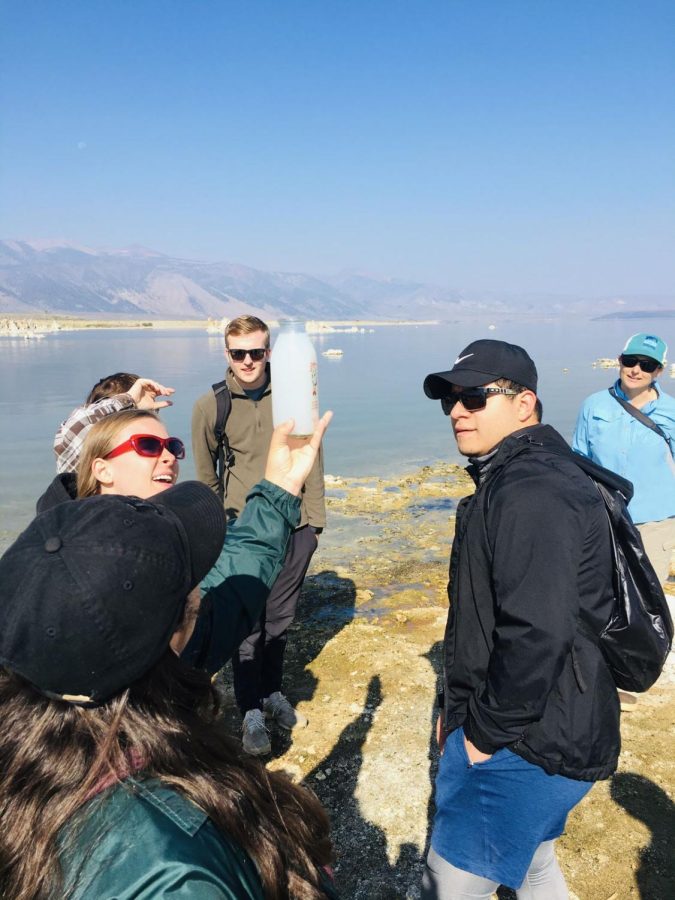
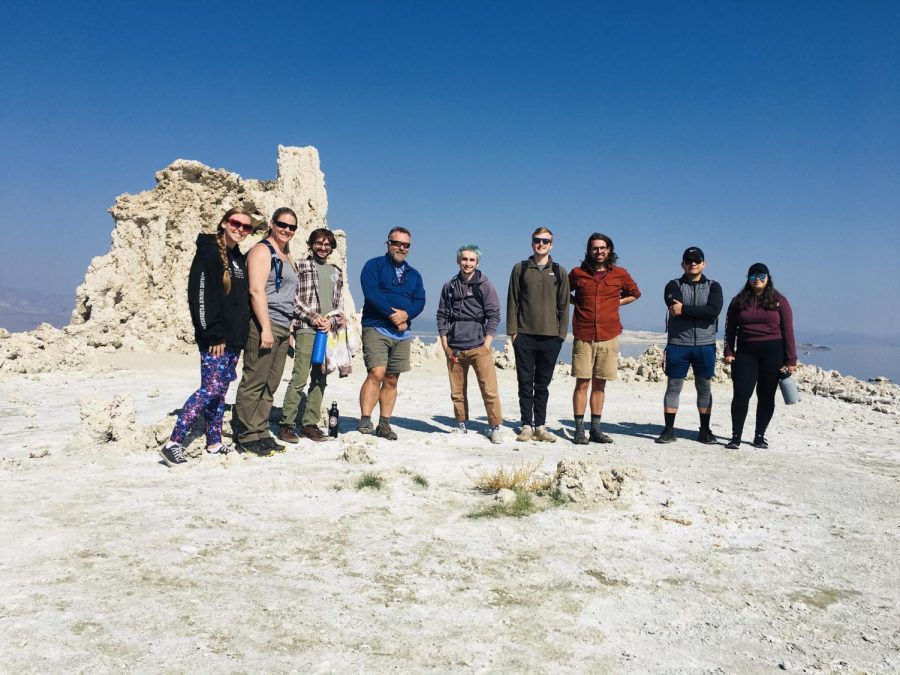
Maxwell Bigelow said the group made their way to a natural hot spring and were able to test out the waters, which were as warm as a hot tub.
They also visited Bodie State Historic Park, a gold-mining ghost town. The park is meticulously upkept by park rangers, preserving the buildings and homes in a picture perfect snapshot of the past. The students were allowed into buildings not normally open to the public.
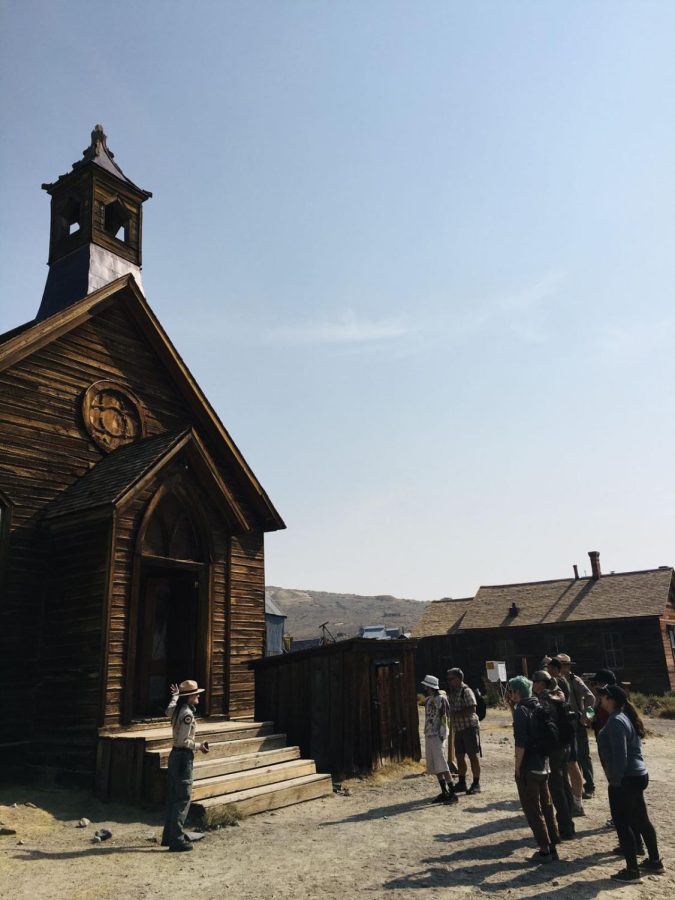
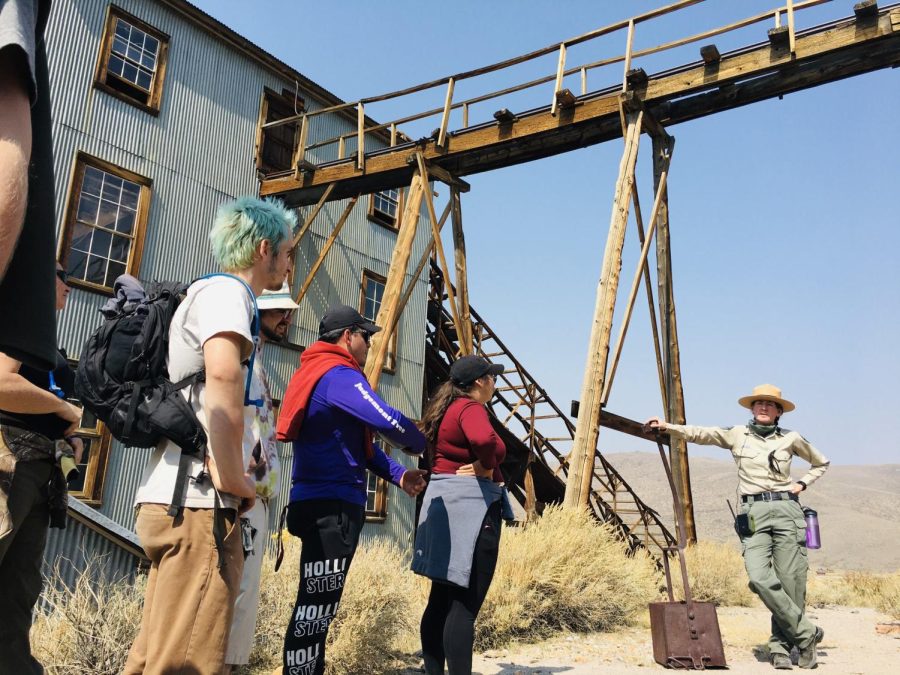
The silent ghost town included a church, a schoolhouse and saloons, among other homes and mining buildings.
“It was so cool to get a look into management of a different kind of resource;” Ben Rezentes said, “cultural resources rather than natural resources.”
Many students said their favorite part of the trip was hiking to Parker Lake. Opening up in wide V shape, the crystal clear lake is framed by a large mountain range and an aspen forest.
“I didn’t take photos of this place because I knew I wanted to come back and work here someday.”
Vincent Pompei, student
Several students took the freezing plunge into the mountain lake.
Initially, students were hesitant to spend three days secluded in the forest with peers they had only ever seen through a screen. Each student spoke about how wonderful the experience ended up being.
The group all have a deep love for nature and just wanted to learn more, and that brought them together, Estes said. It wasn’t hard to find things in common. They found fast friends in each other.
“Just being able to see different perspectives and connect over the common experiences we had,” Rezentes said. “It felt really good.”
Jennifer Parra said she knew she wanted to go into parks and recreation after going on a school camping trip to Zion National Park while living in L.A. Before, she had very little exposure to being outside in nature.
“My life was so caught up in just trying to get by, then,” Parra said.
Her dream job is to help students like her get outside and teach them about natural resources.
Vincent Pompei spoke about how much he loved Bodie.
“I didn’t take photos of this place because I knew I wanted to come back and work here someday,” Pompei said.
The next field study camp is on Oct. 15 to Mendocino National Park.
Ava Norgrove can be reached at [email protected]



